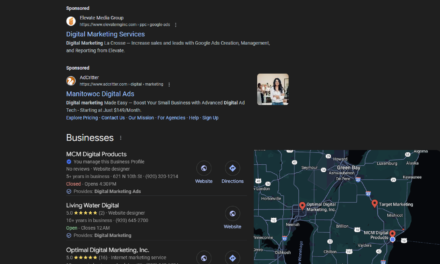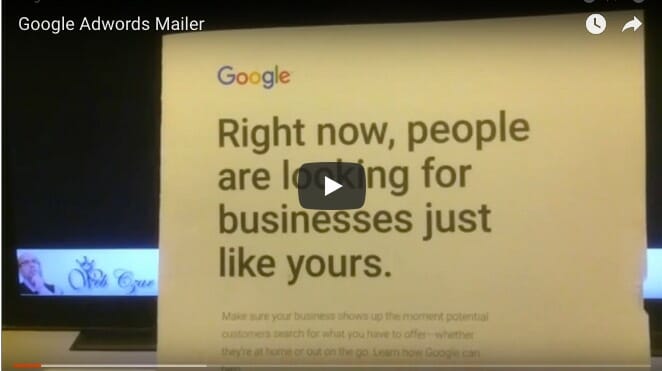UPDATE: Google is now merging Maps, Places and Google+ into what they’re calling “Google+ Local”, so all features can be found in one place.
Your Google Places listing can be a very valuable tool when it comes to web marketing and establishing a strong Internet presence. However, there is a right way and a wrong way to use your Google Places listing. For this reason, Google has outlined certain policies regarding your listing content, and you must adhere to these policies if you are to use Google Places to its optimum potential. Here is a guide to understanding Google Places content policies and why it’s important to follow them:
Your business listing. You must list your business name, location, and contact information EXACTLY as it is on your business license. You may not place keywords, taglines, or other marketing phrases in your listing.
Illegal activities. You cannot advertise anything illegal through your Google Places listing, or use your listing as a means to discuss or conduct illegal business practices.
Violent or bullying behavior. There should be absolutely no content on your Google Places page that could be considered threatening to other people, and your page content should not represent violent or bullying behavior of any sort.
Pornography. Anything considered obscene, sexually explicit, or otherwise indicative of graphic sex is strictly prohibited on Google Places. That includes any type of nudity.
Misleading representation. You may not impersonate a person or business through your Google Places listing, or otherwise mislead people about the nature of your business. This even pertains to images and videos you upload to your listing, which must be directly related to your business.
Malicious content. Things like Trojans, password phishing scams, spam, worms, and any other type of harmful, malicious, or threatening content are not allowed in Google Places listings.
Copyright infringement. You must respect all laws pertaining to the protection of intellectual property. That means you cannot use copyrighted materials on your Google Places listing without proper permission.
Review content. You cannot remove a review yourself, but you can flag it as inappropriate, in order to request a review by Google. Google will remove review content that is proven to be spam, off-topic, illegitimate, inappropriate (according to general Google Places content policy), or unlawful.
Why follow these policies? Simply put, Google Places content policies were designed to enhance the user experience, which ultimately ensures the success of your listing and improves your bottom line. Not following these policies jeopardizes your standing with Google, and could also alienate those visiting your Places page. Better safe than sorry, right?
Take advantage of everything Google+ Local has to offer! Visit http://kenivey.com for details.
The post Google Places Content Policies and Why It’s Important to Follow Them appeared first on Ken Ivey.




